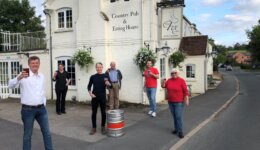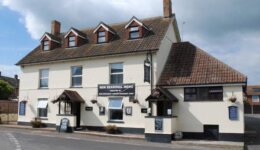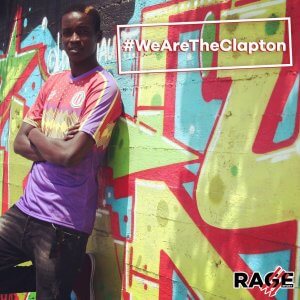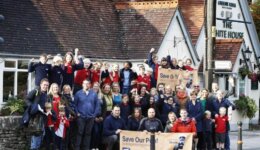More houses, more pubs, more community shares – life as a lender under COVID-19
It goes without saying now that 2020 has been *quite* a year. Beyond ‘unprecedented’ and ‘challenging’ this has been one that none of us could have predicted and we’re still working our way through changes and shifts daily. You, like us, are probably thinking that this is here to stay for a while and we’re all trying to find whatever the ‘new normal’ is.
There have certainly been changes for us. While things are moving more now than they were earlier in the year, overall, enquiries remain slow, a pattern that we’ve heard, anecdotally, repeated across the sector for those not delivering government backed loans. Happily, there are glimmers of light and some positive stories coming out of all the adversity. We recently published a story about two new Community Pubs opening their doors in October, having received loan finance from us, in spite of likely tighter lockdown restrictions for some areas.
We’re seeing a much more varied mix of enquiries and applications for loans than we have in a while – more from Community Led Housing schemes, plenty of pubs, and the sector is seeing a steady trickle of new community energy schemes. Community housing and renewable energy schemes seem to benefit from a longer-term outlook and typically stronger rates of return on investment. We are really behind green initiatives and clean energy and we’d love to hear from you if you’re in this area and seeking funds. We’re glad to see some unlocking of projects that stalled way back in spring, and it’s genuinely heartening and inspiring to hear from co-ops and community-owned organisations who are more determined than ever to progress plans, in spite of the impact Covid continues to have.
Across the sector, and in recent weeks, the number of Community Shares issues launched has increased significantly. Offers that were in development before Covid, combined with more recent developments, has meant several offers have come to the market. We don’t know what the future holds but we’re glad to see green shoots! Scotland for example has seen new community share offers launched using a new Development Trust Association Scotland hybrid multi-stakeholder model with more in the pipeline and Wales Co-op centre announced the continuation of their Community Shares support programme.
As a lender who has been operating in the co-operative and community space for almost 5o years, it’s been interesting to see the speed at which emergency funds flowed – heartening that they were unlocked so quickly for many, although some organisations have slipped through the cracks and mainstream banks left some out in the cold. But we’re minded to note that some of the organisations offered and securing finance are historically are not used to taking on debt. Small charities and social enterprises who have taken out a Bounce Back Loan (BBL) may find they struggle to have enough trading income to repay. We also heard concerns across the social investment sector that the BBL relatively short term of 5 years would command too high a monthly repayment after the initial payment free period – consequently, these payment terms have now been extended by the government but, if your asset backed co-op or community business still needs to consider even longer term debt solutions, do get in touch.
A very real concern for us, and many of our clients, is – the very necessary – social distancing in many premises remains. This is really difficult or impossible to manage for certain organisations and there is real concern for community venues, including community pubs, that if restrictions continue, reaching a level of trading viability will be a real challenge from now until spring next year. As a result, we may see many spaces and venues choosing to mothball until well into the New Year, or close altogether. This is not a happy-making thought but it’s one we completely understand and we are here to continue our support wherever we can.
Should your co-operative or community owned business, shop, pub or social enterprise be looking for a conversation about what or where next, we’d urge you to talk to us. We’re here for the sector and the future and we genuinely want to help – there’s no obligation to proceed with a loan but if we can help you understand your options, we’d love to. Please do get in touch.








 The fan-owned club has succeeded because it is passionate about equality, democracy and fairness. It encourages people of all backgrounds and abilities to get involved. The club is passionately anti-fascist, anti-sexist and anti-racist.
The fan-owned club has succeeded because it is passionate about equality, democracy and fairness. It encourages people of all backgrounds and abilities to get involved. The club is passionately anti-fascist, anti-sexist and anti-racist. 

